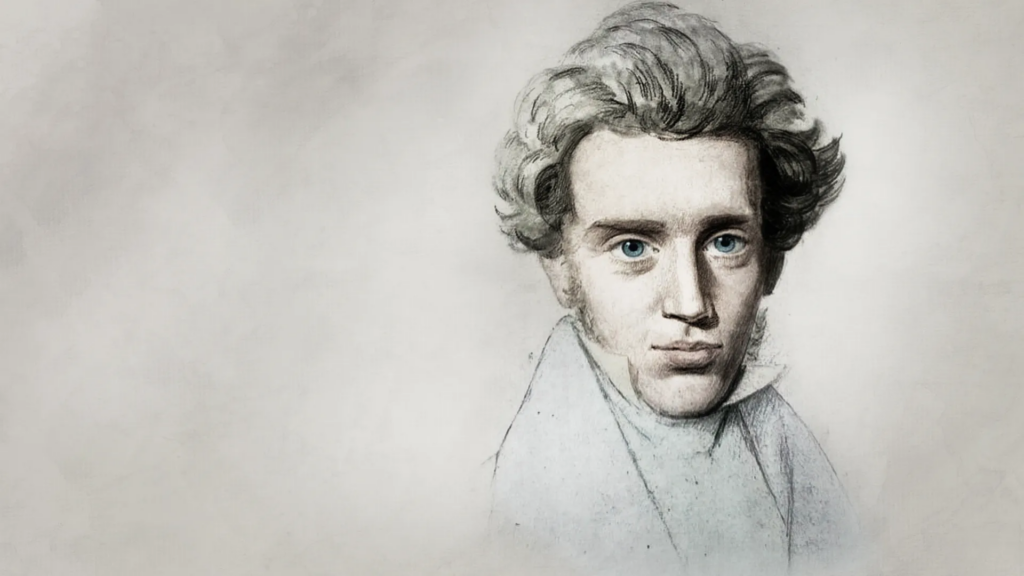Birds and Fireflies
Exploring wisdom and beauty in Rabindranath Tagore's "Birds and Fireflies"

A garden, large or small, with its plants, simple flowers, and the visit of more than one little city bird, is enough to give rest to the walker – each one of us. Usually, rather than walking, we jog and run from one end to the other amid the daily chores. The book Birds and Fireflies. Thoughts and Aphorisms (Ariel, 2015) by the Nobel Prize winner for literature Rabindranath Tagore (1861-1941) seemed to me to be a garden. An anthology of texts whose edition and translation have been carried out by Ricard Vela. A book in paper, neatly and beautifully edited, a prototype of the book that Romano Guardini referred to in his Praise of the Book (Encuentro, 1998).
The first part is a selection of thoughts taken from the author’s theater and essays. Short texts that invite dialogue and the exchange of ideas back and forth, as when he says that “we are all like a lost verse of a poem, which always feels that it rhymes with another and must find it, otherwise it will completely lose its fullness (p. 39)”. It is the search for those other halves to become oneself, as Plato maintained. Those other verses rhyme with interpersonal relationships between friends. And there is rhyme because the affinities that unite us are intertwined and allow for the mutual attraction so characteristic of friendship.
On the other hand, Tagore’s distinction between spending and giving is suggestive, when he points out that “wasteful people often lack true generosity… They can spend, but they cannot give themselves. A reckless expenditure that they fill with the debris of activities, whose purpose is to bury time (p. 51)”. Certainly, true generosity is an outpouring, a detachment that does not consume the giver, but rather makes him grow: it is abundance of the heart rather than surplus money. On the other hand, the “bon vivant” spends his life on hollow amusements, squanders his money on dizzying experiences, “cornered in the vicious circle of multiple distractions” that the consumer society offers him (see p. 52). He manages to fill, perhaps, in the short term his existential emptiness, but, much to his regret, his soul continues to deteriorate, as happened to the portrait of Dorian Gray.
Let us move on to the second part of the book, composed of aphorisms and aphoristic verses. At the very beginning is one of the aphorisms that I have used the most: “If you cry at night because you have lost the sun, the tears will not let you see the stars (p. 107).” It is an existential optimism very far from the complaints of pessimists and bitter people. It is not blindness to the failures or injustices suffered, it is strength of spirit to continue seeing the alternatives that open up, even during those bad nights spent in bad inns.
May the achievements and successes come, of course, more, without failing to notice that “there are triumphs that are only obtained at the price of the soul, but the soul is more precious than all triumphs (p. 111).” In Christian culture, the verse from Saint Matthew, 16, 26 resonates in our ears: “For what will it profit a man, if he gains the whole world, and loses his own soul? Or what will a man give in exchange for his soul?” Success is not justified by itself, it must dwell in a culture of excellence, so that professional achievements do not undermine the spiritual blossoming of the person.
And amidst the color and chirping of birds in the morning, as well as the cheerful flashing lights of fireflies at night, we join the eternal youth of God, for whom “his own mornings are a new surprise (p. 134)”. A beautiful way to start the day, marvelling at the novelty of each dawn.
Related

Reversing Social Deterioration: A Task That Begins in Business Management
Alejandro Fontana
25 April, 2025
4 min

The Revolution of Tenderness
María Elizabeth de los Ríos
25 April, 2025
3 min

His Hope Does Not Die!
Mario J. Paredes
24 April, 2025
6 min

The Religious Writer with a Fighting Heart
Francisco Bobadilla
24 April, 2025
4 min
 (EN)
(EN)
 (ES)
(ES)
 (IT)
(IT)

